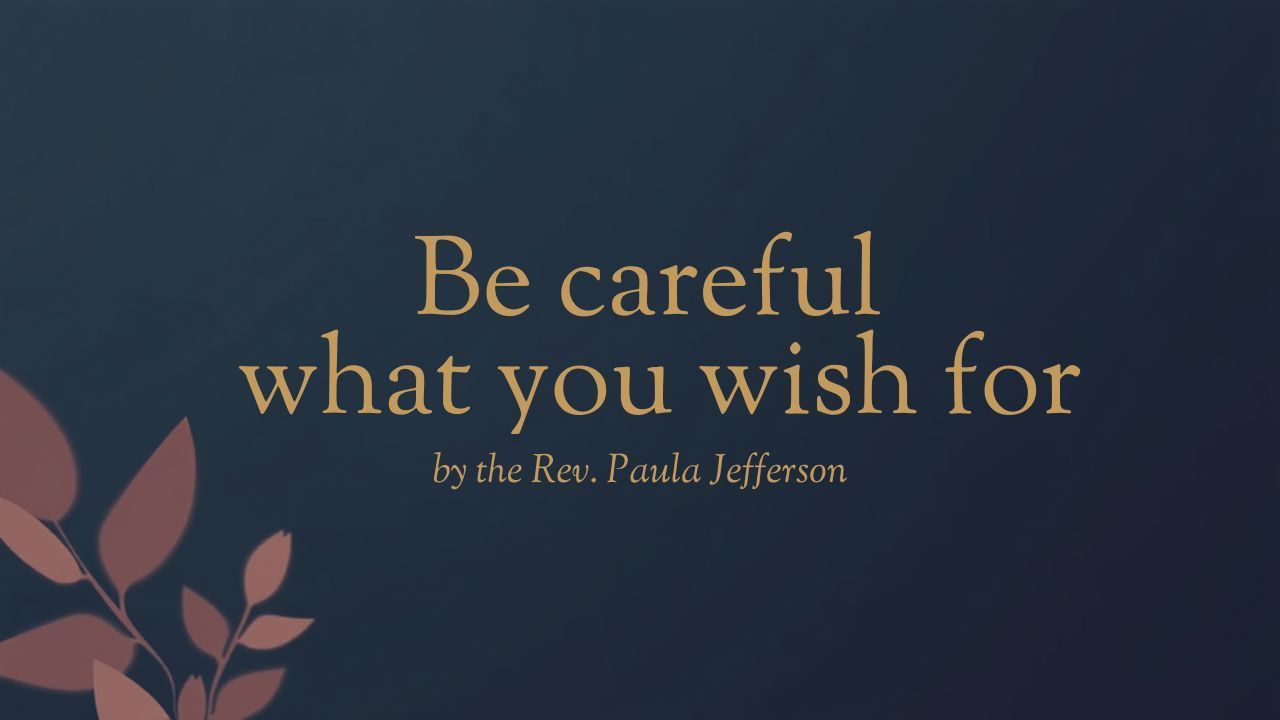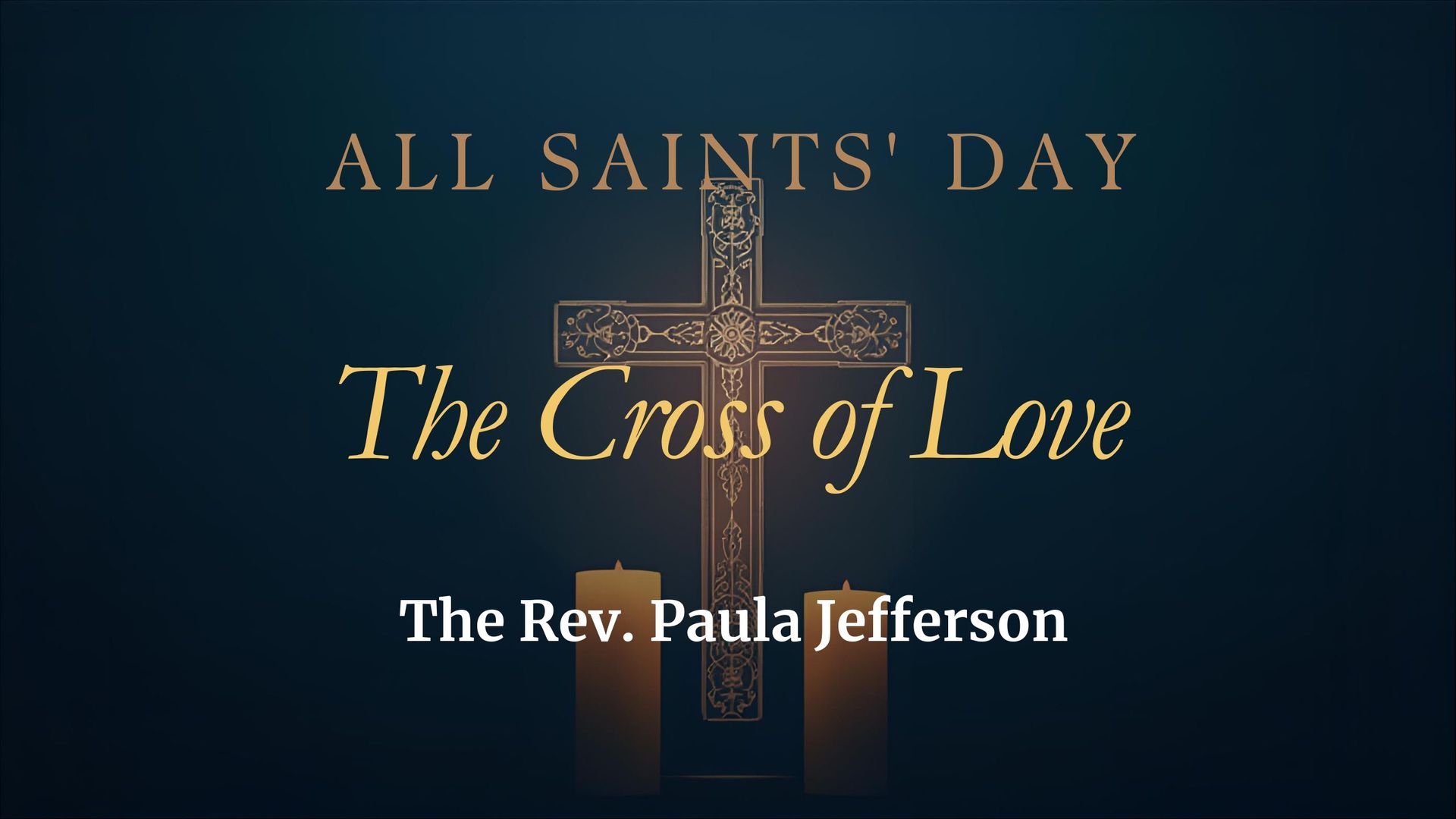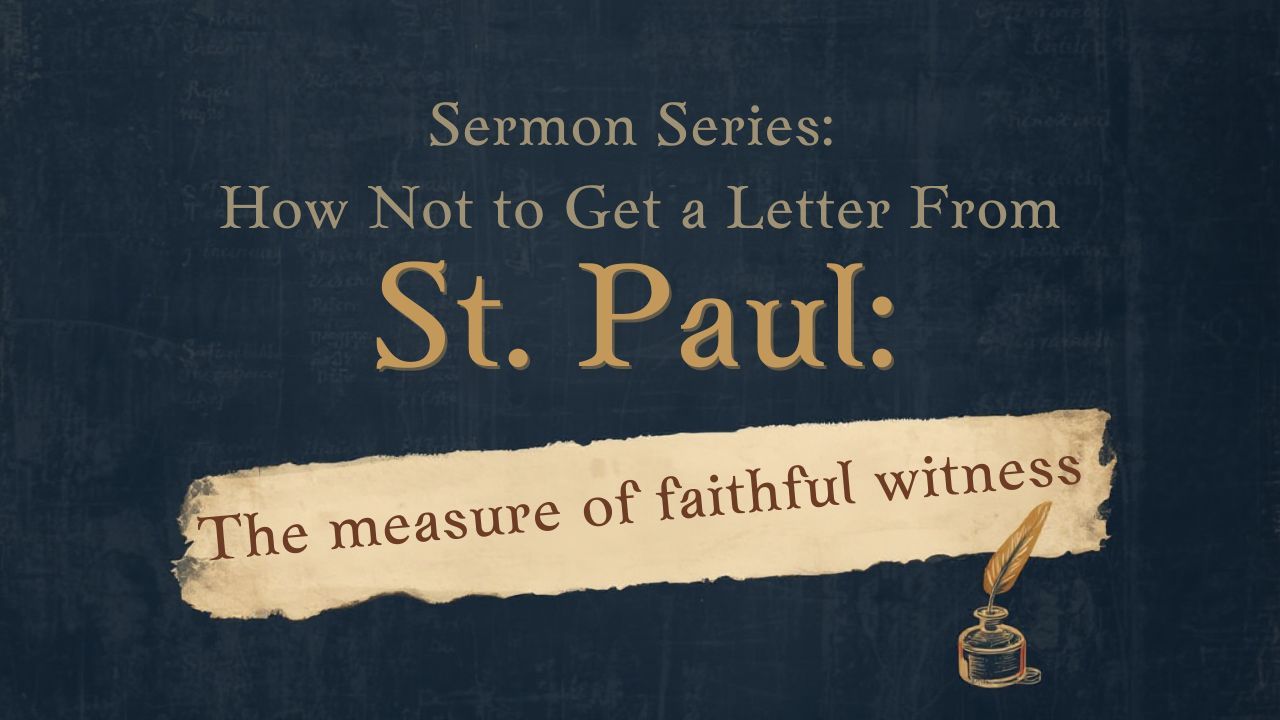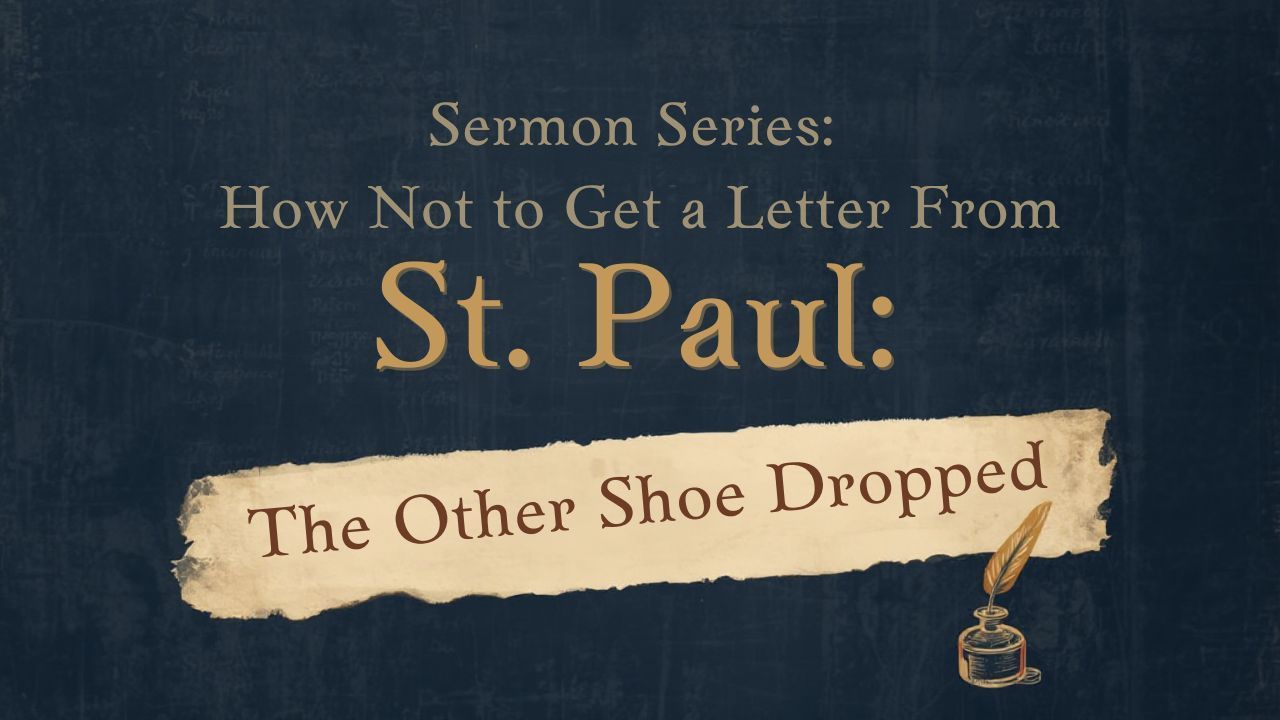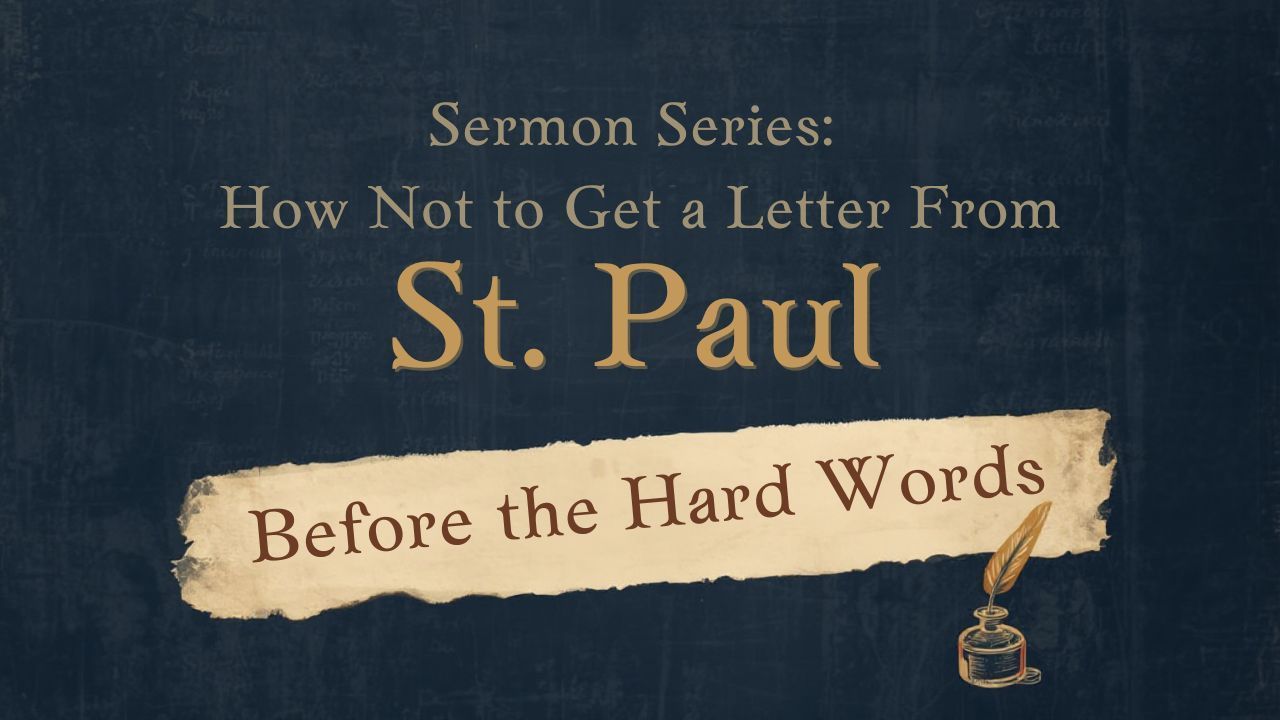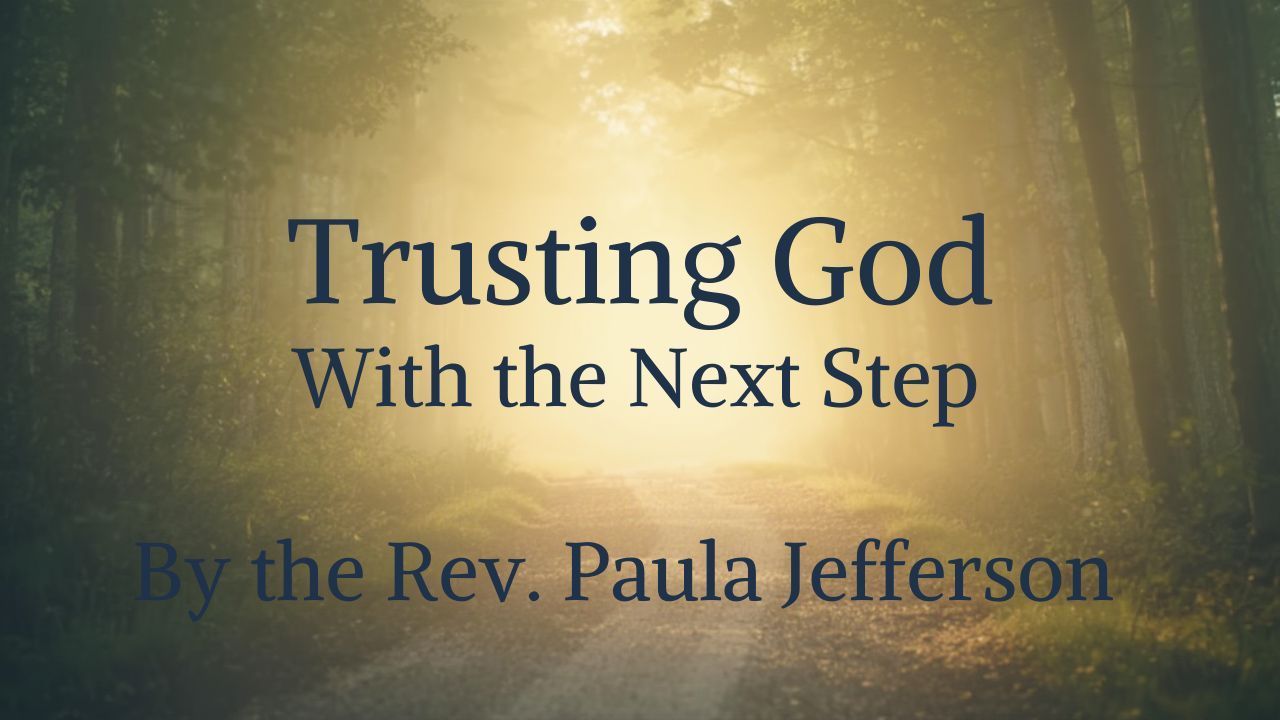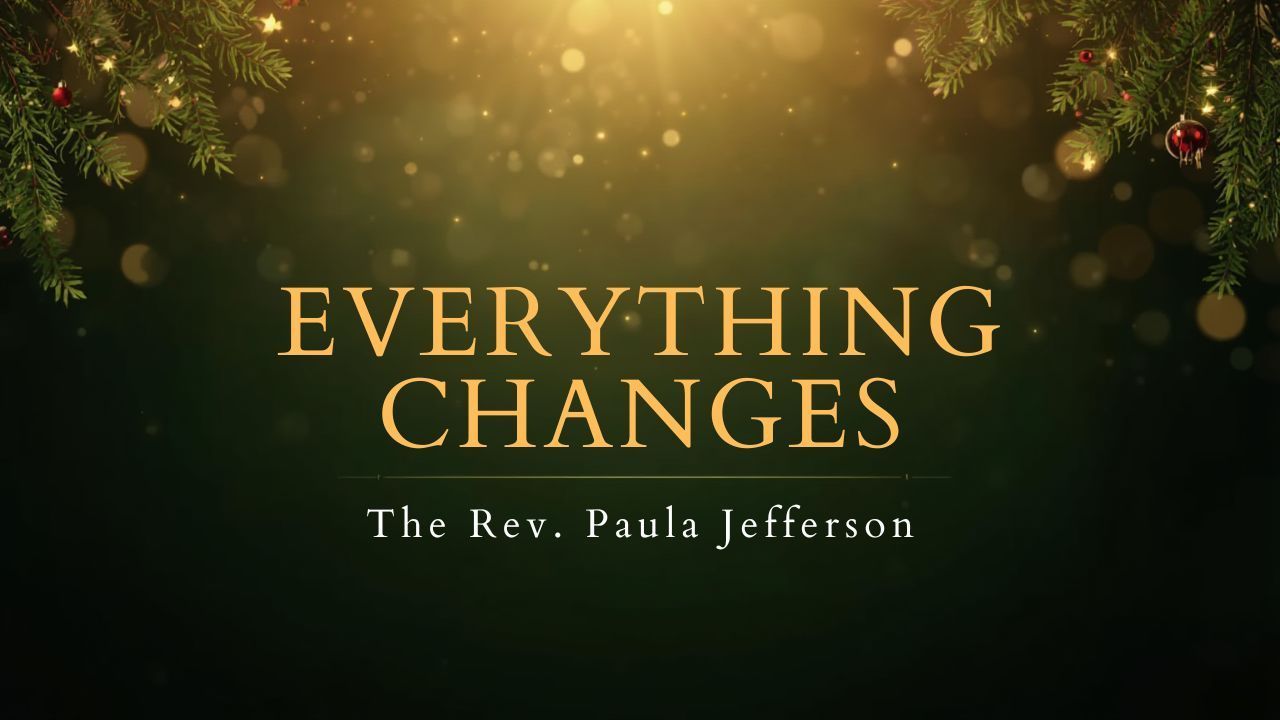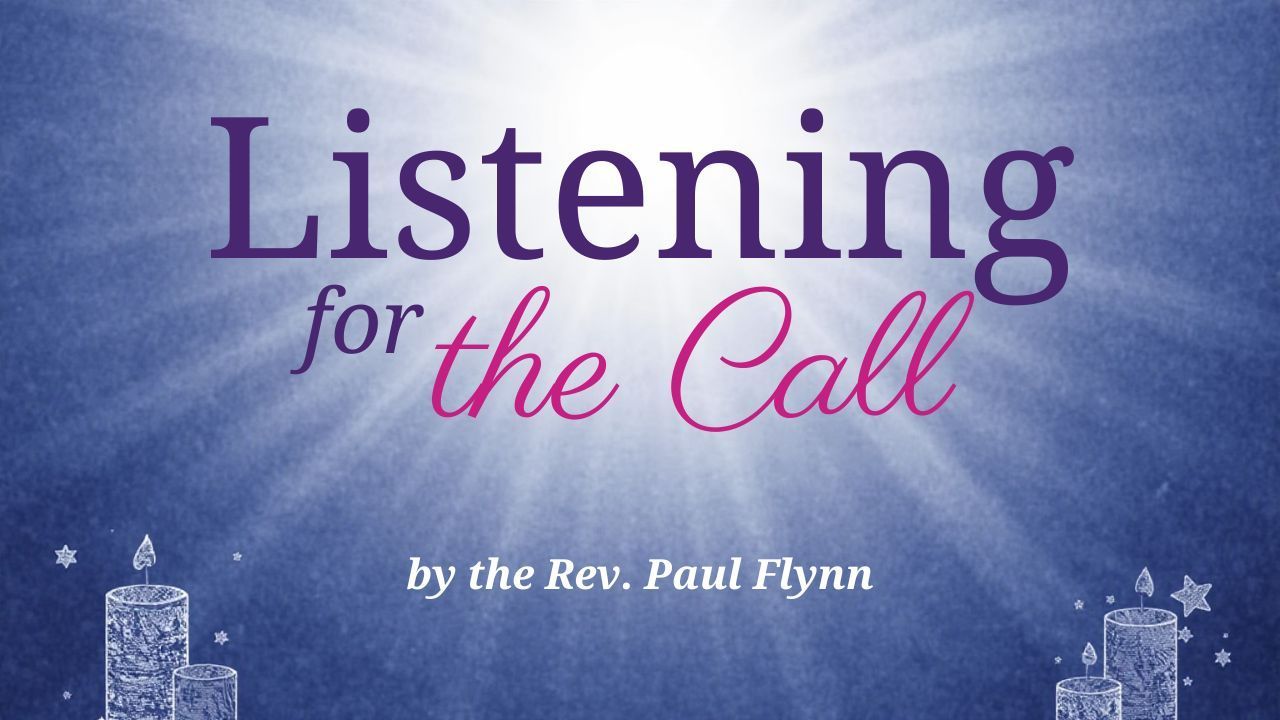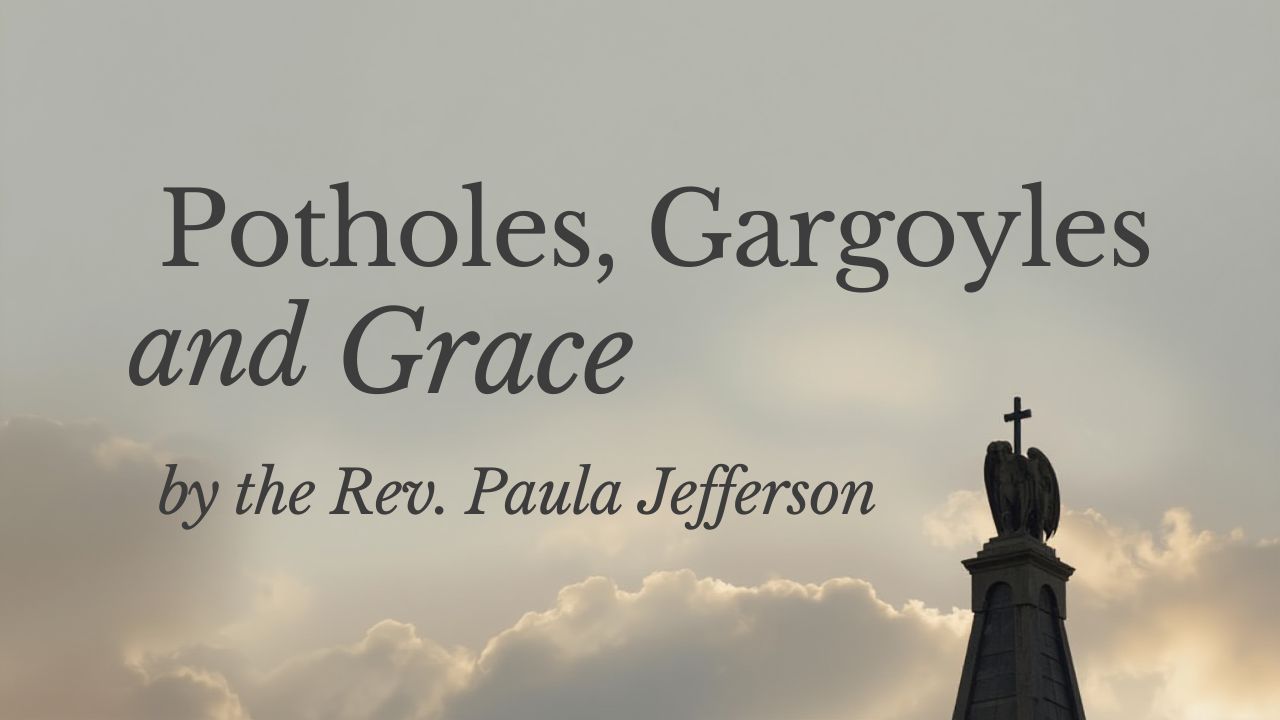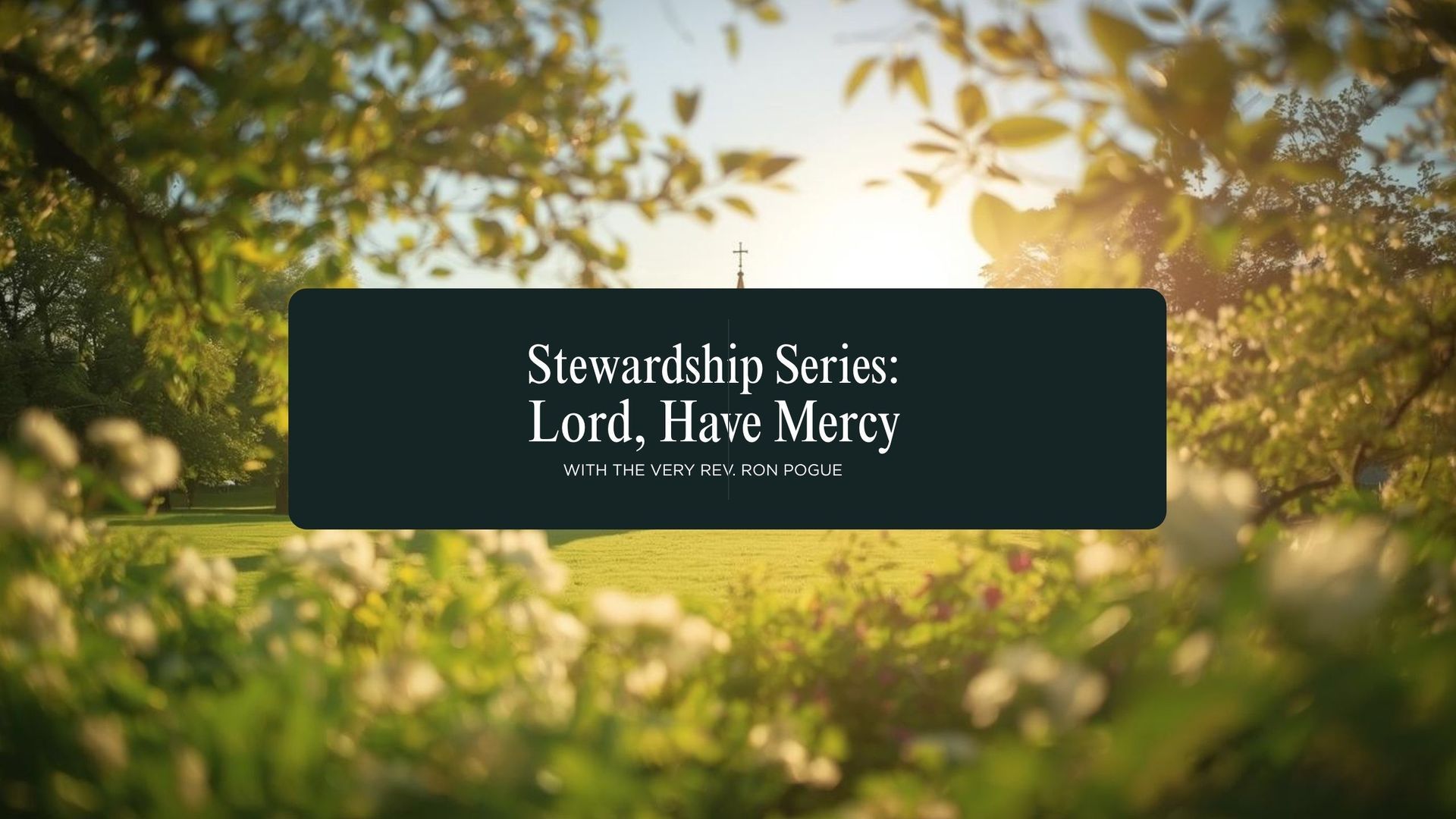Today’s Gospel reading comes from Matthew chapter 25. It is a long chapter…and it is the last chapter before Jesus turns toward his passion, toward the cross. He has a lot to say, and not much time to say it.
Chapter 25 began with these words: The kingdom of heaven will be like this and then He tells stories and metaphors that give us a glimpse into God’s vision.
We heard the first story last week. There were 10 bridesmaids-- five of them were prepared for the arrival of the bridegroom, five were not prepared.
Today, another metaphor.
A businessperson was going on a trip. He summoned three workers and entrusted all of his property to them. The businessman knew his workers very well. He did not apportion his property equally. He apportioned according to their abilities to manage.
To the one he thought was the most capable, he entrusted nearly 65 percent of his property. To the second, he entrusted 25 percent of his property.
And to the third, he entrusted 10 percent of his property.
Today—and 2000 years ago--when assets are held in trust, it is the trustee’s fiduciary responsibility to ensure that the assets are protected and grown so that the beneficiary of the trust will receive not only the original amount, but also the earnings that have accumulated.
The first two workers were good trustees. They took calculated risk. They invested the property. When the owner returned, the trustees had doubled his value. Well done. The owner affirmed their work.
But the third trustee did something quite different. He was paralyzed by fear of losing the 10 percent and what might happen to him as a result. With all that had been entrusted to him, he did nothing.
Fear is a powerful emotion.
I was born into a musical family. But when I decided to become an accountant, I stopped playing the organ, trombone, and I stopped singing.
For the next 45 years, I sang in the pews at church and that was it. There was not a lot of opportunity to sing in an accounting firm.
Easter Day 2021 was my first Easter as a priest. Ten days before that service, Father Ron began an interesting conversation:
“You’re the celebrant for Easter,” I nodded.
“There’ll be a Baptism that day, too. It’ll be your first as a priest.” That part I did not know.
And then, rather casually, he said, “It’ll be a sung service”. My palms began to sweat, my heart was racing.
I remember asking, “Just to be clear, you want me to chant the Eucharistic Prayer?”
“Yes”.
“All of it?”
“Yes”.
The next 10 days were very busy. I baptized a doll. And I chanted the Eucharist over and over and over. Fear is a powerful emotion.
St. Christopher’s adult Sunday School class is delving into the notion of fear. In September, we began by reading Matthew’s Gospel carefully — paying attention to what it says and what it doesn’t say. We listened for the culture of fear that exists in this Gospel. There are layers of fear just beneath the surface of the text.
Hunger was a pervasive problem in Judea. Disease was common—physical, emotional, and spiritual. There were power conflicts between Temple authorities and the Roman authorities. Regular folks were often caught in the middle. And there were the very public crucifixions meant to terrorize the Judeans and keep them in order.
Then we began a book called, “Following Jesus in a Culture of Fear.” This book was published in 2020. It addresses the culture of fear in our time.
The author talks about God’s calling of you and me -- and how fear affects our ability to follow Jesus:[1]
God calls us to the virtue of hospitality…to welcome the stranger. But our culture teaches us to be suspicious of strangers…to fear them…they might hurt us or take advantage of us or steal from us.
God calls us to the virtue of generosity. But our culture teaches us to be accumulators of wealth and stuff…to ensure our own well-being without worrying about the needs of others.
Fear is a powerful emotion. And it is a vice—fear draws us away from God’s calling in our lives.
I wonder if that is the point of Jesus’ story.
On Easter of 2021, I walked to the Table with a million butterflies. The organist played the opening tone. I looked at all the people who had gathered to worship after a long COVID desert. All of us were hungry for this moment. It did not matter how well I would sing. It wasn’t about that at all.
I drew in breath and took the leap: The Lord be with you.
And the people sang: And also with you.
The fear evaporated, swallowed up by the joy of sharing the Holy Eucharist together again.
Today our bishop’s committee will meet to discuss our 2024 budget. The staff and the finance committee have been working on the budget since August.
This budget reflects the giving all of us have pledged for next year.
It reflects the continuation of every program we have begun and opportunities we imagine for next year.
It reflects our hope for this congregation.
It reflects our sweat, our labor.
It reflects our hospitality—our willingness to welcome the stranger.
And it reflects our generosity—our calling to serve God’s people, in this place, in this time.
There is risk in following Jesus. The third trustee had that right. But to live in fear is to miss the joy of living into the fullness of who God created us to be.
As a congregation, St. Christopher’s consistently demonstrates our capacity to resist fear. We open our hands and hearts to all that God is calling us to be in this leg of our pilgrimage. That is the energy we feel here, God’s calling pouring through us into the world.
[1] Bader-Saye, Scott; Following Jesus in a Culture of Fear: Choosing Trust over Safety in an Anxious Age; p 38
